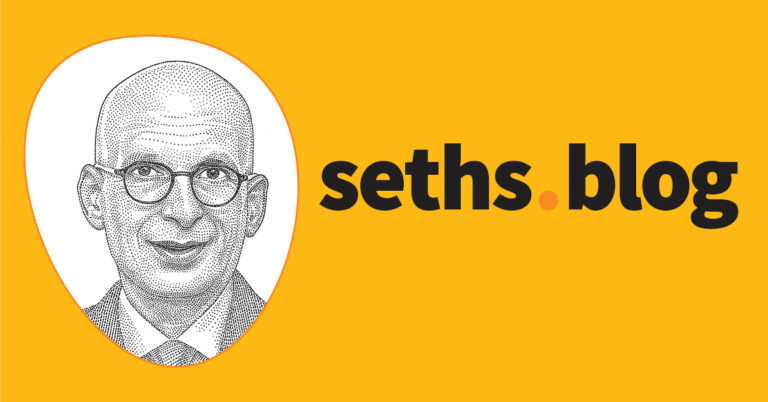Google made a fortune and honed sponsored search results into an art form. The theory is that people who want the traffic the most will pay for the clicks, and of course, if the advertisers don’t have something you ultimately want, they’ll just waste their money. Let the market work it out–the dollars become a self-fueling sort of search algorithm.
Google was a miracle, and it also offered smart organic results and clearly labeled ads, so most of us accepted this.
Now, though, hotel listings don’t even bother to pretend they’re sorted in any order but “what makes us the most money.” Yelp requires us to wade through fast food franchises and other lazy advertisers to get where we’re going. And recently, Amazon has jumped the shark by selling out their customers to the highest bidder.
Add smartphones to the mix, with their tiny screens and low impulse control, and the ads stop looking like ads.
Not only are the ads a worse experience for the user, they are also creating a tax on all the advertisers, and thus, on us. If the only way to get Amazon traffic is to buy the ads, then the only way to pay for the ads is to charge more…
We’ve been hooked on free media for a century. But newspapers and network TV evolved to be ever more clear about what’s content and what’s an ad. The internet, as in all things it does, hypercompetes for the last penny, costing all of us time, trust and money.
The oxymoron of “sponsored results” is that if they’re sponsored, they’re not results.
